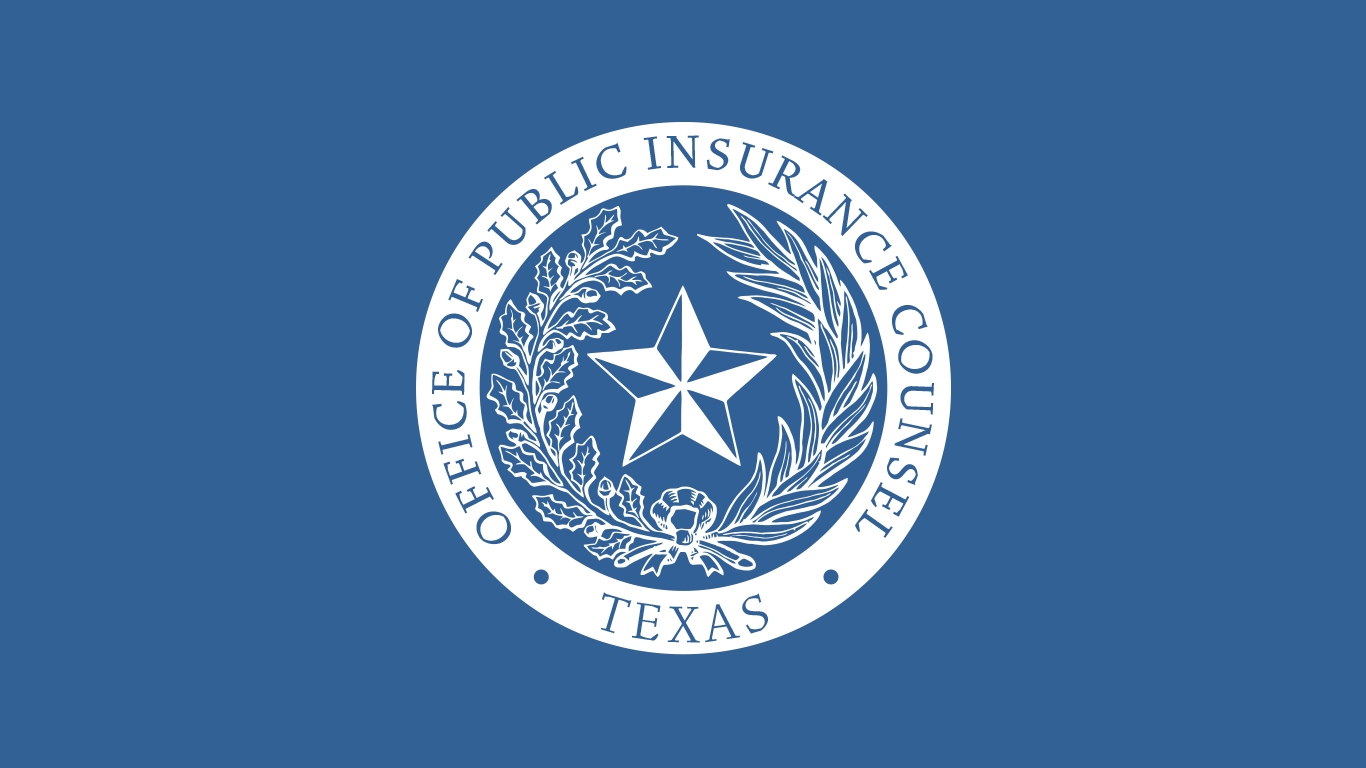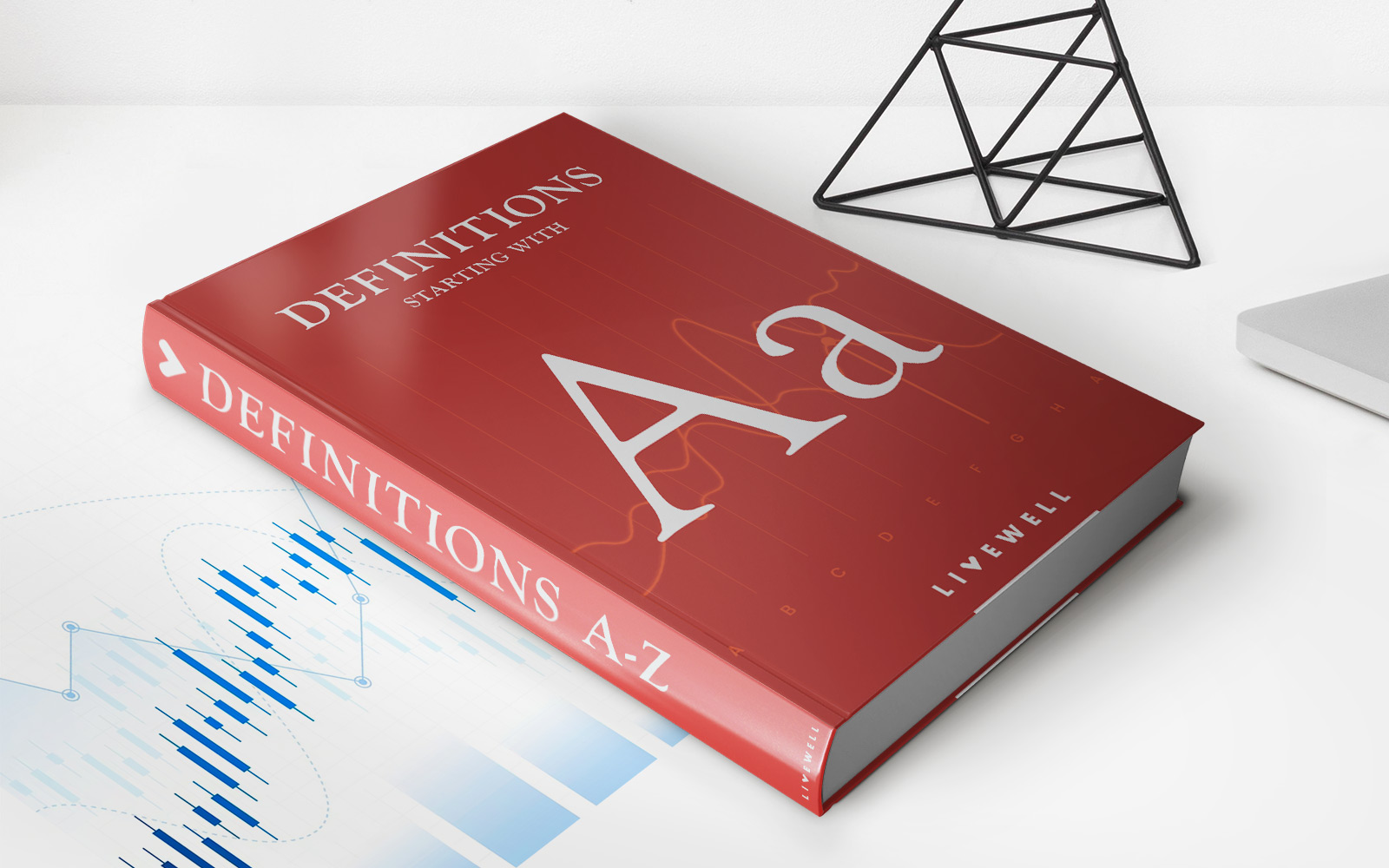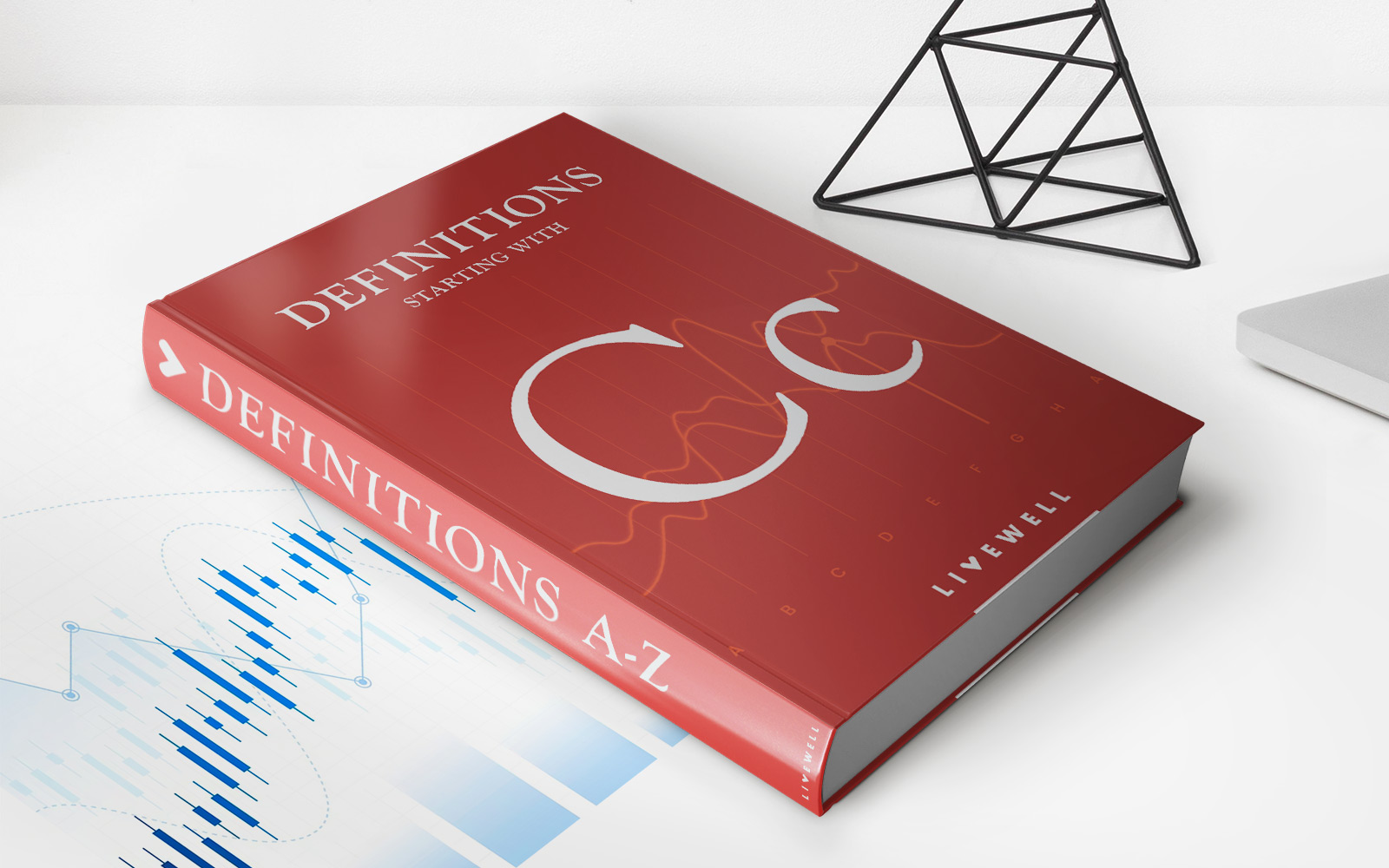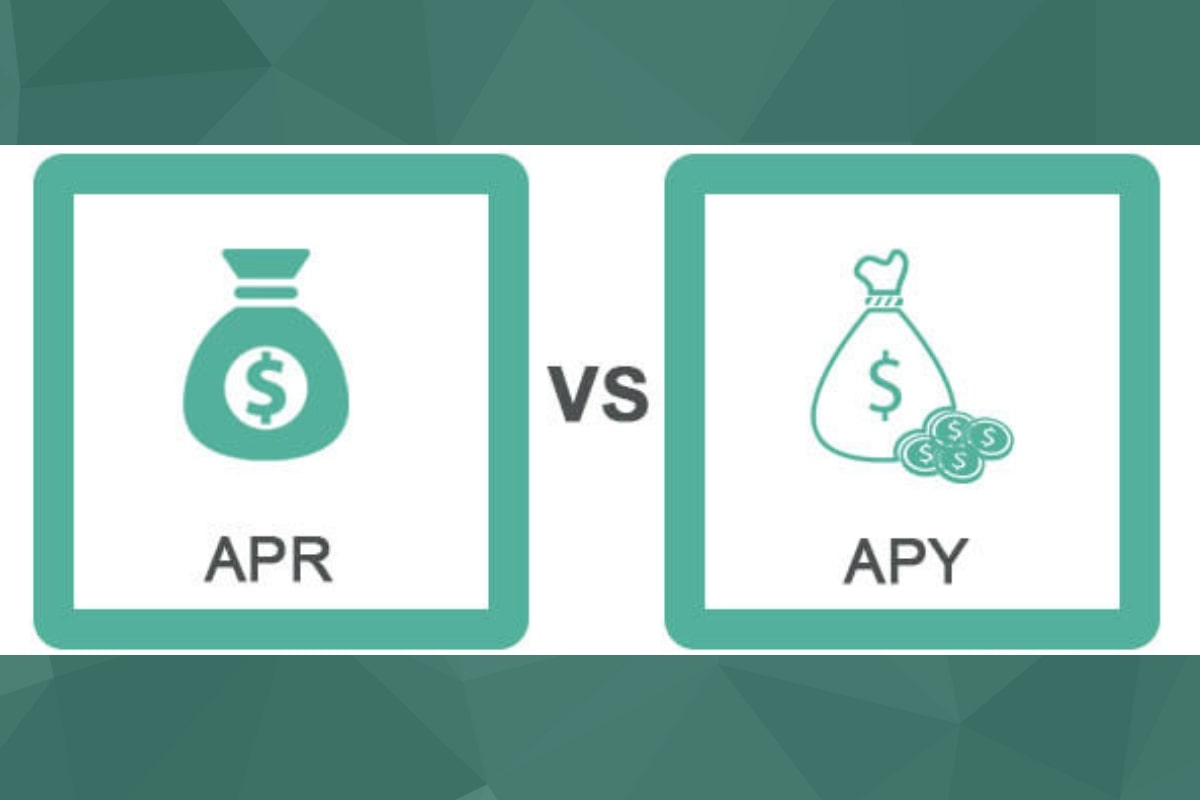Home>Finance>For Accidental Death And Dismemberment Policies, What Is The Purpose Of The Grace Period?


Finance
For Accidental Death And Dismemberment Policies, What Is The Purpose Of The Grace Period?
Published: February 20, 2024
Learn about the purpose of the grace period for accidental death and dismemberment policies in finance. Understand its significance and impact on policyholders.
(Many of the links in this article redirect to a specific reviewed product. Your purchase of these products through affiliate links helps to generate commission for LiveWell, at no extra cost. Learn more)
Table of Contents
**
Introduction
**
Accidental Death and Dismemberment (AD&D) insurance policies are designed to provide financial protection in the event of an accident resulting in death or severe injury. These policies offer a specific sum of money to the policyholder or their beneficiaries if the insured individual dies or loses a limb, sight, hearing, or suffers other covered injuries due to an accident. While the coverage provided by AD&D policies is crucial, policyholders often encounter situations where they may have difficulty making timely premium payments. This is where the concept of a grace period becomes significant.
In the realm of insurance, a grace period refers to a specified duration after the premium due date during which the policyholder can make a payment without the risk of policy lapse. This grace period is a valuable component of insurance policies, including AD&D coverage, as it offers a buffer to policyholders who may experience temporary financial constraints or overlook payment deadlines. Understanding the purpose and benefits of the grace period within AD&D policies is essential for both policyholders and those seeking to comprehend the intricacies of insurance coverage. Therefore, delving into the significance of the grace period in AD&D policies can shed light on its role in safeguarding the interests of policyholders and ensuring continued coverage in the face of unforeseen circumstances.
**
Understanding Accidental Death and Dismemberment (AD&D) Policies
**
Accidental Death and Dismemberment (AD&D) insurance policies serve as a vital component of an individual’s financial planning, offering a layer of protection in the event of unforeseen accidents resulting in severe injury or death. Unlike life insurance, which primarily covers death due to any cause, AD&D policies specifically focus on providing benefits in the event of accidental death or dismemberment. These policies offer financial compensation to the insured or their beneficiaries in the unfortunate event of the insured’s death or the loss of specific bodily functions due to an accident.
AD&D policies typically cover a range of scenarios, including loss of limbs, sight, hearing, or speech, as well as fatalities resulting from accidents. The coverage extends to accidents that occur both on and off the job, providing a broader scope of protection for the insured individual and their loved ones. In essence, AD&D insurance aims to alleviate the financial burden that may arise from severe injuries or fatalities caused by accidents, offering a sense of security and stability during challenging times.
Understanding the nuances of AD&D policies is crucial for individuals seeking to safeguard their financial well-being and that of their families. By comprehending the specific scenarios covered by these policies and the benefits they offer, policyholders can make informed decisions regarding their insurance needs. Moreover, gaining insight into the features and provisions of AD&D coverage, including the grace period, can empower individuals to navigate the complexities of insurance with confidence and clarity.
**
What Is a Grace Period in Insurance?
**
In the realm of insurance, a grace period represents a designated timeframe following the premium due date during which the policyholder can submit the required payment without facing a policy lapse. This period serves as a safeguard for policyholders who may encounter temporary financial constraints or inadvertently miss the payment deadline. During the grace period, the insurance coverage remains in force, providing a buffer for the policyholder while allowing them to fulfill their premium obligations without immediate repercussions.
Typically, the duration of a grace period varies depending on the insurance company and the type of policy. For many insurance products, including life insurance, health insurance, and AD&D coverage, the grace period commonly ranges from 30 to 31 days. It is important to note that the coverage remains active during the grace period, enabling the policyholder to retain the benefits and protections outlined in the policy even if the premium payment is made within this timeframe.
While the grace period offers a degree of flexibility to policyholders, it is essential to adhere to the payment deadline to avoid potential disruptions in coverage. Policyholders should be mindful of the grace period duration specified in their insurance policies and strive to submit their premium payments within this timeframe to ensure uninterrupted protection. Understanding the concept of the grace period is pivotal for policyholders, as it underscores the significance of timely premium payments in maintaining continuous insurance coverage and upholding financial security.
**
The Purpose of the Grace Period in AD&D Policies
**
Within Accidental Death and Dismemberment (AD&D) insurance policies, the grace period serves as a critical element designed to provide policyholders with a safety net during challenging circumstances. The primary purpose of the grace period in AD&D policies is to offer a window of time following the premium due date within which the policyholder can make the required payment without jeopardizing their coverage. This period acknowledges that individuals may encounter temporary financial constraints or unintentionally overlook payment deadlines, ensuring that they have an opportunity to rectify the situation without immediate repercussions.
For policyholders, the grace period in AD&D policies offers peace of mind, as it mitigates the risk of sudden policy lapse due to missed premium payments. This allowance aligns with the underlying principle of insurance – to provide a layer of protection and support for individuals and their families during unforeseen and challenging circumstances. By incorporating a grace period, AD&D policies demonstrate a commitment to safeguarding the interests of policyholders, acknowledging that financial constraints or oversights can occur and providing a reasonable opportunity to address them.
Moreover, the grace period in AD&D policies reflects the insurance provider’s recognition of the value of their policyholders. It signifies a willingness to accommodate temporary challenges and facilitate the continuation of coverage, thereby fostering a sense of trust and reliability in the insurer-policyholder relationship. This aspect underscores the mutual benefit of the grace period, as it not only serves the interests of the policyholder but also reinforces the insurer’s commitment to supporting their clients through unforeseen difficulties.
Ultimately, the purpose of the grace period in AD&D policies extends beyond administrative leniency; it embodies a fundamental aspect of insurance – to offer stability and protection. By affording policyholders the opportunity to rectify missed payments within a specified timeframe, the grace period plays a pivotal role in upholding the overarching goal of AD&D insurance: to provide financial security and support in the face of unexpected adversities.
**
Benefits of the Grace Period for Policyholders
**
The grace period within Accidental Death and Dismemberment (AD&D) insurance policies offers a range of valuable benefits for policyholders, underscoring its significance in safeguarding the interests of insured individuals and their families. Understanding these benefits is crucial in comprehending the role of the grace period in AD&D coverage and its impact on policyholders’ financial well-being.
First and foremost, the grace period provides policyholders with a crucial buffer against the risk of immediate policy lapse due to missed premium payments. This allowance acknowledges that individuals may encounter temporary financial constraints or oversight, offering them the opportunity to rectify the situation without facing immediate repercussions. As a result, policyholders can maintain continuous coverage and access the essential protections and benefits outlined in their AD&D policies, ensuring ongoing financial security for themselves and their loved ones.
Moreover, the grace period fosters a sense of flexibility and understanding within the insurance relationship. It acknowledges that unforeseen circumstances or temporary financial challenges can arise, and provides a reasonable timeframe for policyholders to address these issues without jeopardizing their coverage. This aspect of leniency and accommodation contributes to a stronger sense of trust and reliability in the insurer-policyholder dynamic, reinforcing the mutual commitment to upholding financial security and support.
Additionally, the grace period serves as an opportunity for policyholders to rectify missed payments and maintain their AD&D coverage, thereby avoiding the need to reapply for insurance or undergo a potentially rigorous reinstatement process. This not only streamlines the continuity of coverage but also alleviates the administrative burden on both the policyholder and the insurer, promoting a seamless and efficient insurance experience.
Furthermore, the grace period empowers policyholders by offering them a degree of control and flexibility in managing their insurance obligations. It provides a reasonable timeframe within which individuals can address payment issues, reinforcing the notion that insurance is designed to support and protect their financial well-being, even during challenging periods.
In essence, the benefits of the grace period for policyholders extend beyond mere administrative leniency; they encompass a fundamental commitment to ensuring continuous coverage, fostering trust and reliability, and upholding the overarching goal of AD&D insurance: to provide stability and protection in the face of unforeseen adversities.
Conclusion
Accidental Death and Dismemberment (AD&D) insurance policies play a pivotal role in providing financial security and support in the event of unforeseen accidents resulting in severe injury or death. The concept of a grace period within these policies serves as a vital mechanism to safeguard the interests of policyholders, offering a crucial buffer against the risk of immediate policy lapse due to missed premium payments. By providing a reasonable timeframe for individuals to rectify payment issues, the grace period underscores the fundamental principle of insurance – to offer stability and protection during challenging times.
Understanding the purpose and benefits of the grace period in AD&D policies is essential for both policyholders and those seeking to comprehend the intricacies of insurance coverage. It embodies a commitment to accommodating temporary financial constraints or oversights, fostering trust and reliability in the insurer-policyholder relationship, and empowering individuals to navigate the complexities of insurance with confidence and clarity.
Policyholders can derive significant reassurance from the presence of a grace period, knowing that they have the opportunity to address payment issues without immediate repercussions. This allowance not only ensures the continuity of coverage and access to essential benefits but also reflects the insurer’s commitment to supporting their clients through unforeseen difficulties.
In essence, the grace period in AD&D policies signifies more than a mere administrative provision; it embodies the core principles of insurance – to provide stability, protection, and support. By recognizing the value of their policyholders and offering a reasonable opportunity to rectify missed payments, insurers uphold the fundamental purpose of AD&D insurance: to alleviate financial burden and offer peace of mind in the face of unexpected adversities.
Ultimately, the grace period stands as a testament to the resilience and compassion inherent in the insurance industry, reinforcing the notion that insurance is not just a financial tool, but a pillar of support during life’s most challenging moments.














